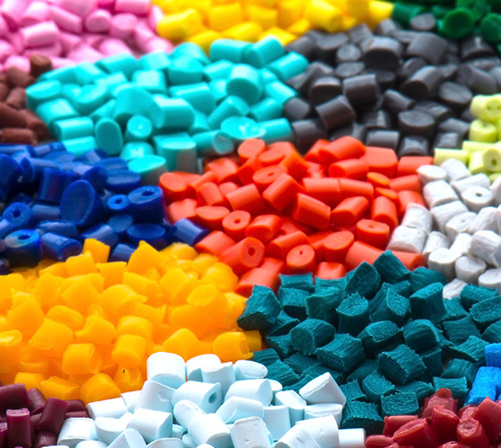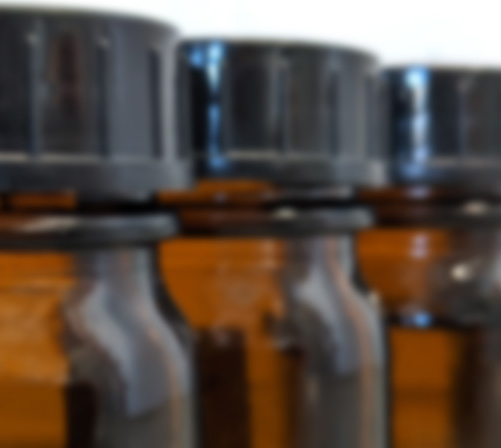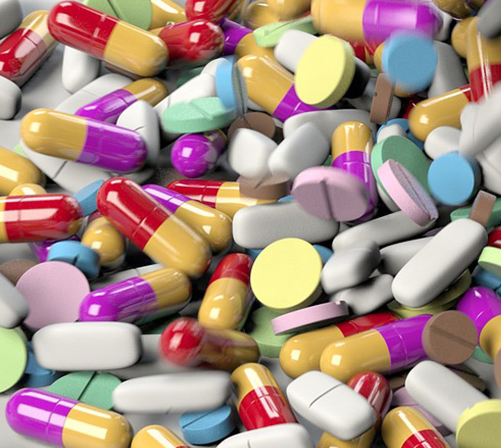
Green plastics
Eliminating the use of fossil raw materials in the production of polymers - with a current global production of more than 350 million metric tons per year - would contribute to a significant reduction in greenhouse gas emissions. Fraunhofer approaches this problem with an innovative dual strategy. Firstly, new biobased polymer building blocks are produced via fermentation, i.e. by microbial or enzymatic processes. Secondly, the food used by the microorganisms is not scarce biomass but rather formate, which in turn is derived from climate-harmful CO2. The entire process chain is being developed, starting with the development of the microorganisms and adaptation of the fermentation, through to the purification of the target substances, the reactor design and the energetically optimized, continuous polycondensation process.
 Fraunhofer lighthouse project »ShaPID« – Shaping the Future of Green Chemistry by Process Intensification and Digitalization
Fraunhofer lighthouse project »ShaPID« – Shaping the Future of Green Chemistry by Process Intensification and Digitalization
